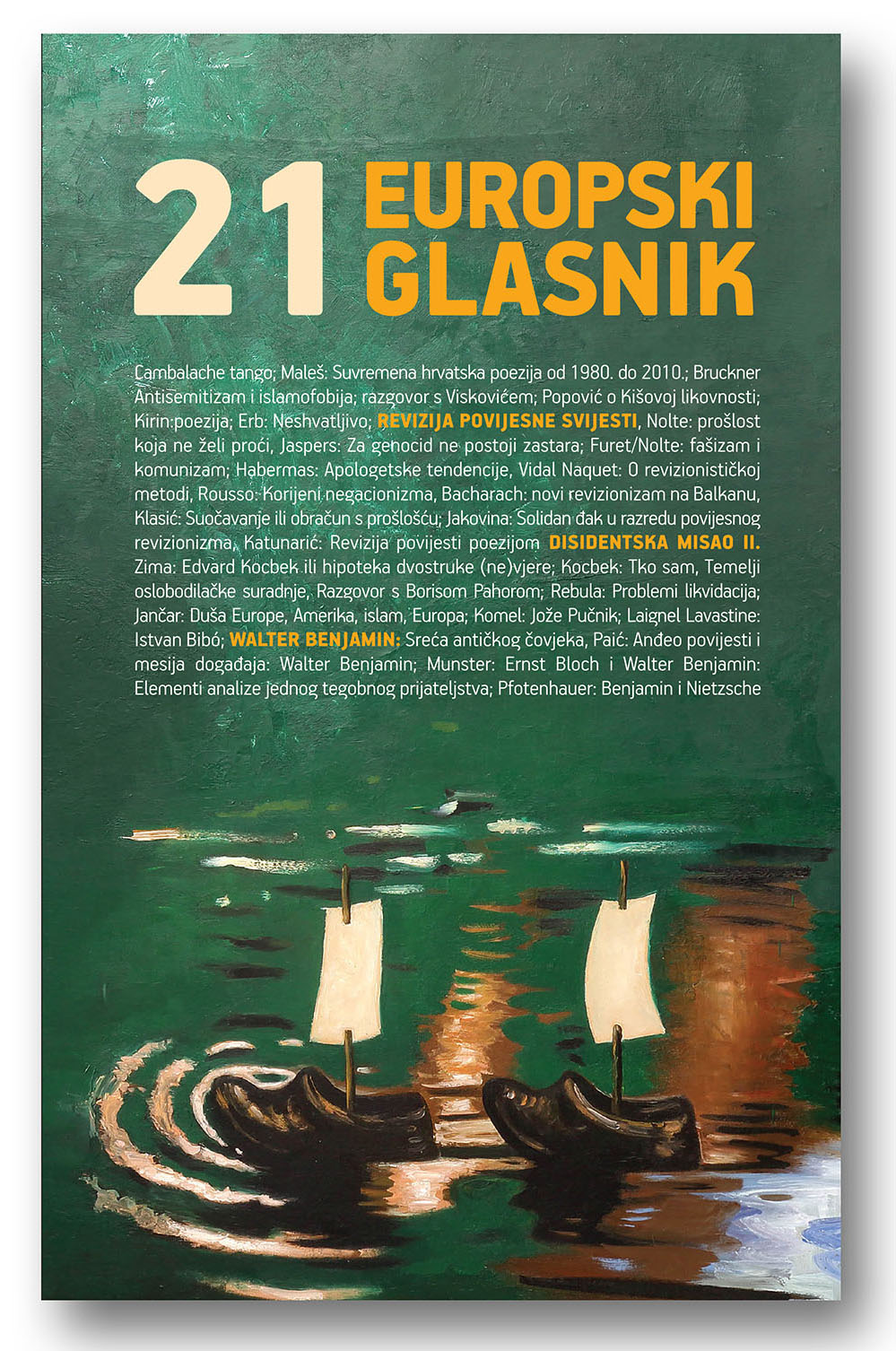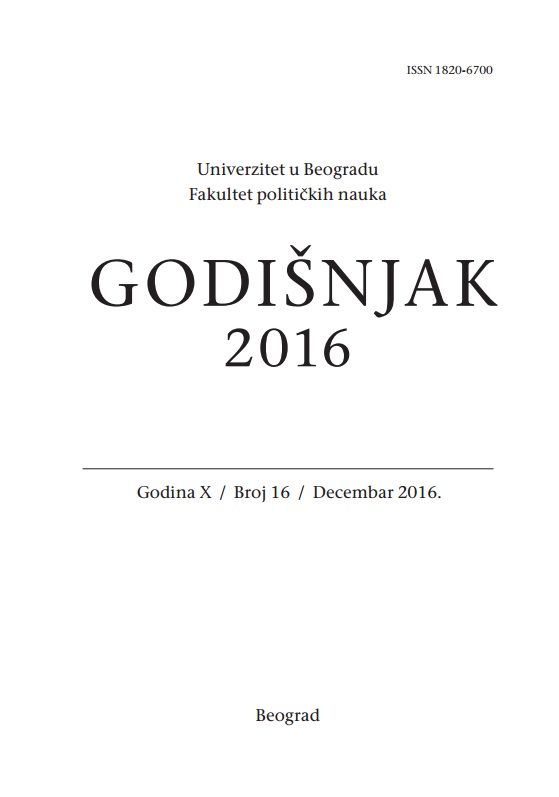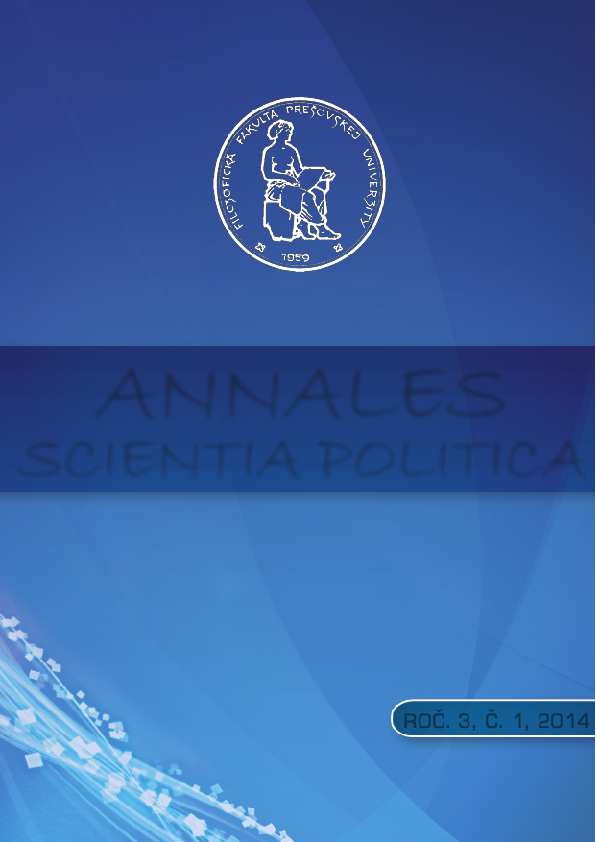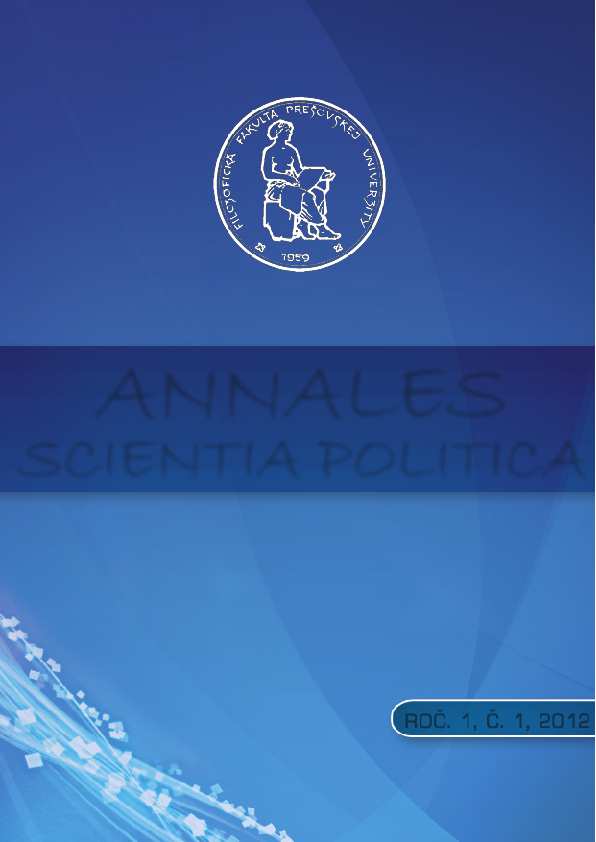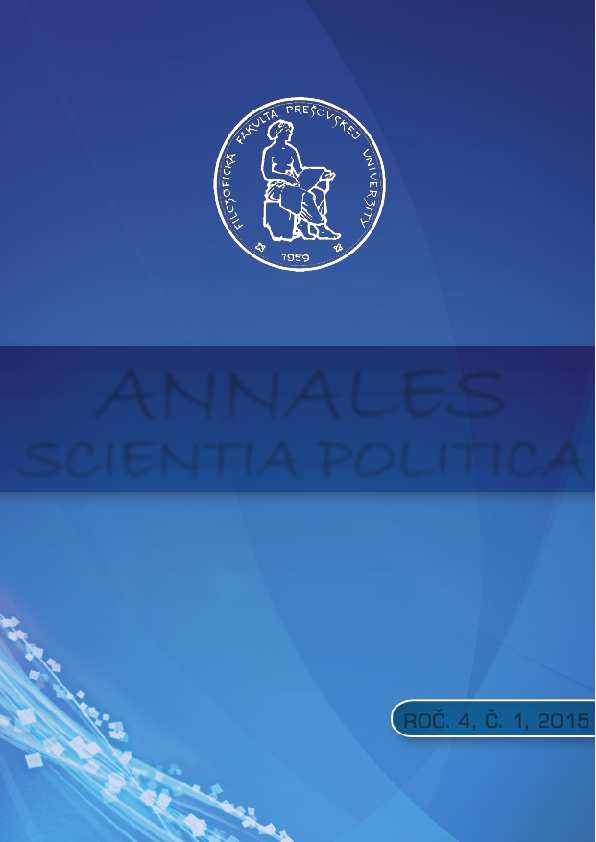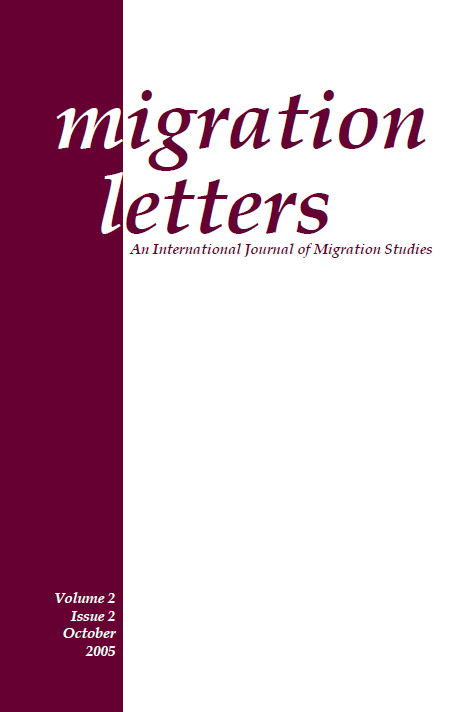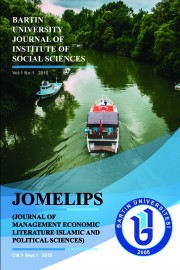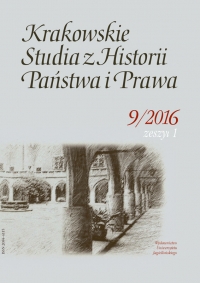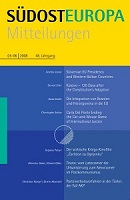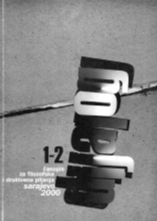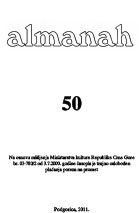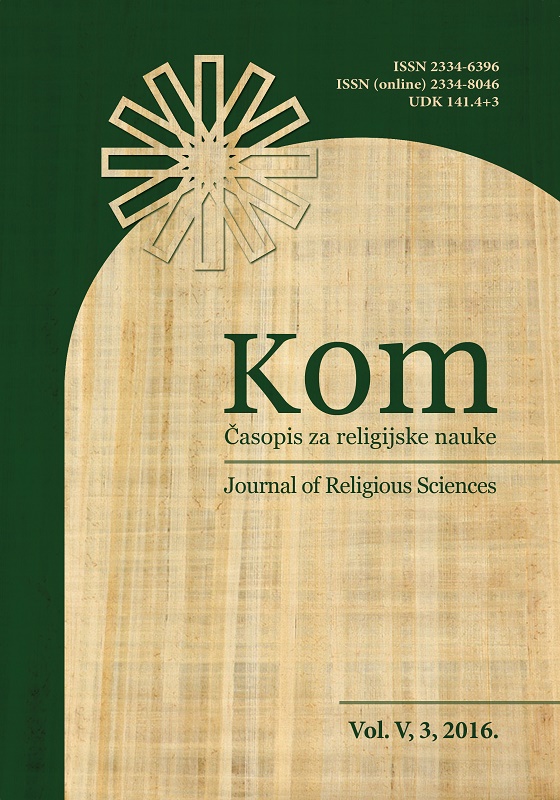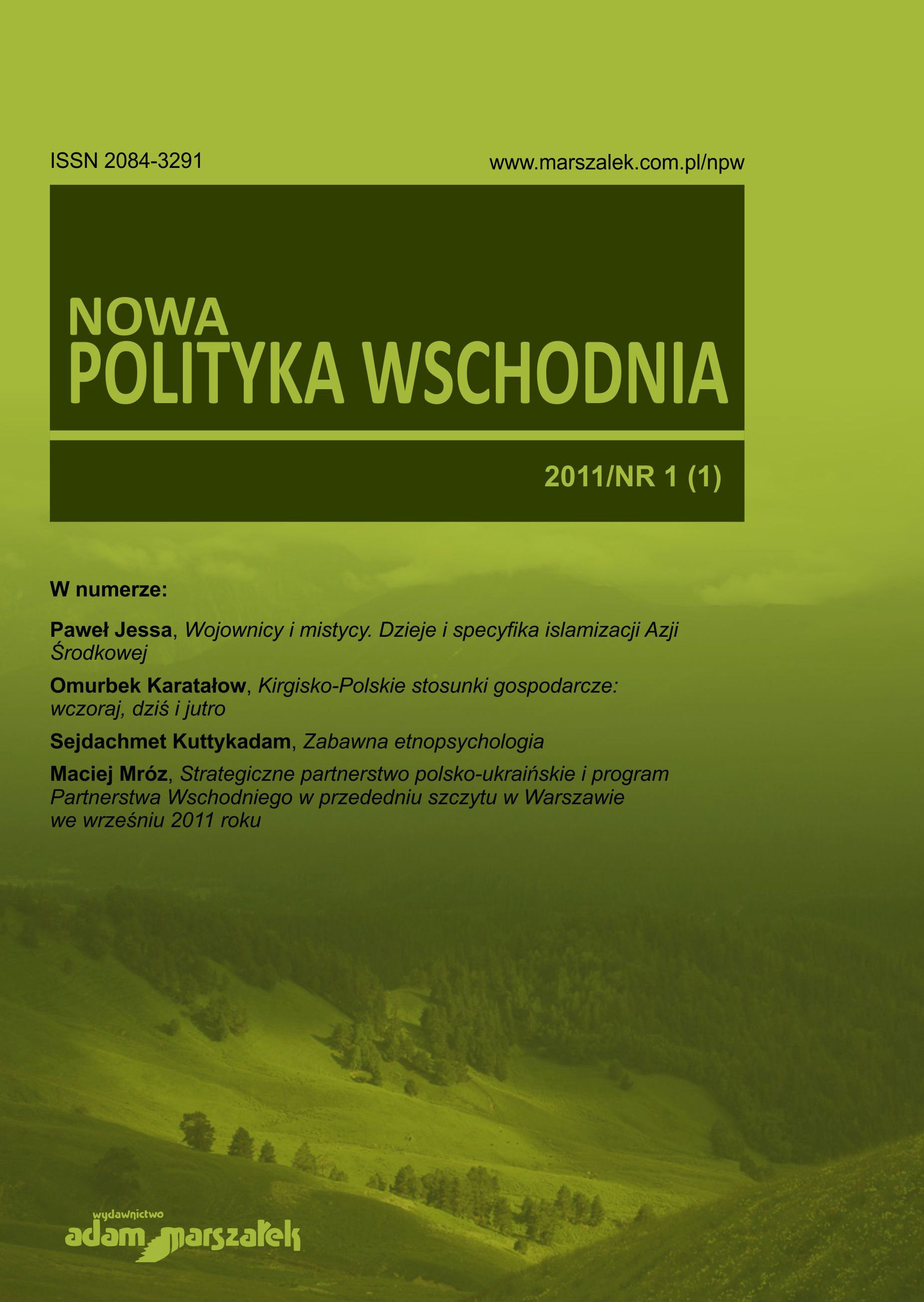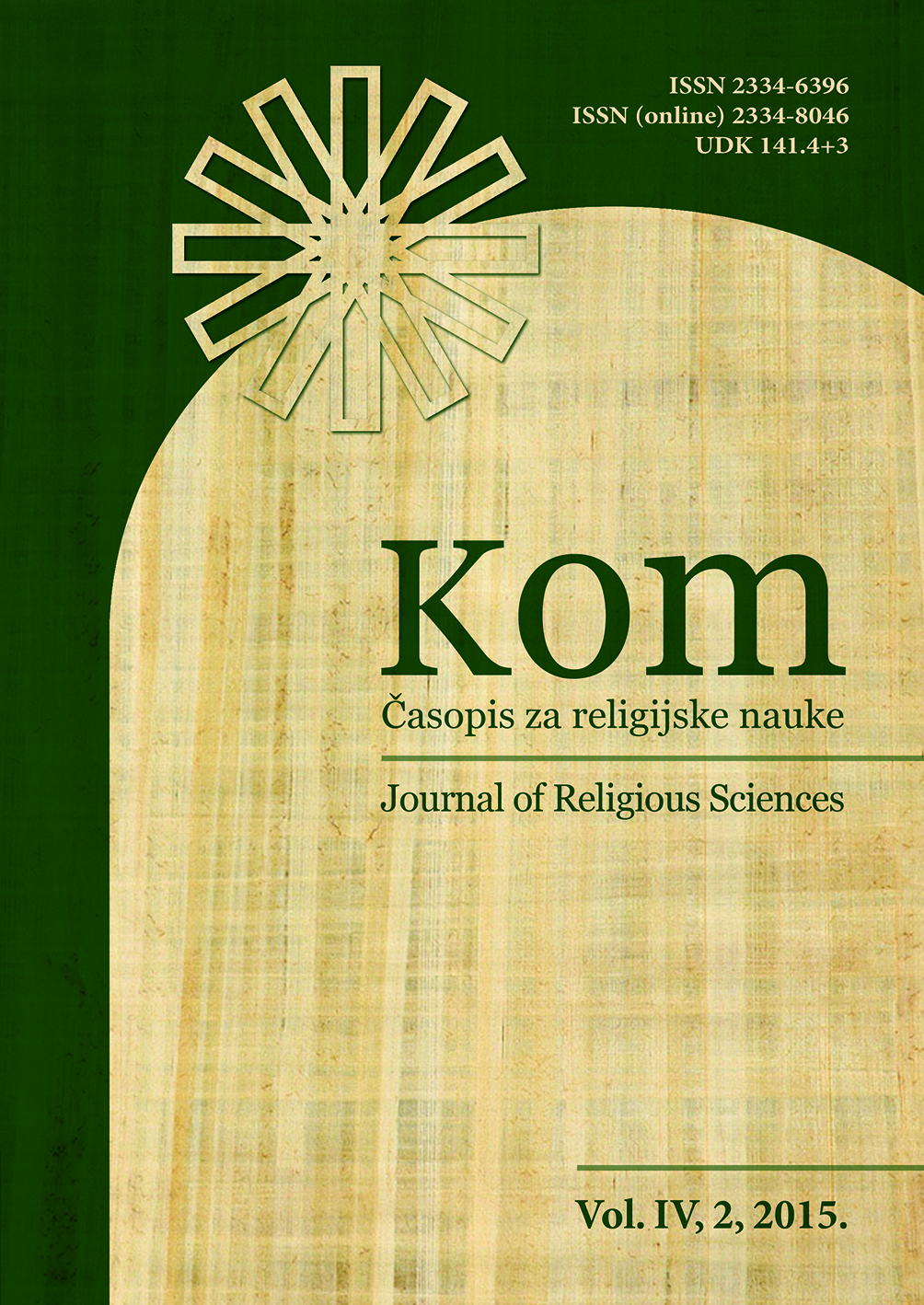Author(s): Miroslav Griško / Language(s): Serbian
Issue: 3/2016
The intent of this paper is to describe the antagonism that constitutes the
eschatological position, i.e., the inseparability of eschatology from a concept
of eschatological war, through 1) the political theology of Carl Schmitt,
2) Orthodox Christological anthropology and 3) the nomadology of Gilles
Deleuze and Felix Guattari. Schmitt’s political theology can be understood
as a theory of eschatological war. The theological character of Schimtt’s
work entails that “the secularisation of theological concepts” is constitutive
of the eschatological concept of cosmological finitude. Moreover, Schmitt’s
distinction between friend and enemy, which informs his concept of politics
as the “political”, aims to identify the primary antagonism of eschatological
history. For Schmitt, the liberal end of history is the absolutisation of
the enemy, as liberalism denies the fundamental distinction of the political,
namely, liberalism maintains that war is over on the basis of its claim to
immanent historical truth. From the position of Orthodox Christological
anthropology, liberalism also contains a clear eschatological element. The
anthropology of liberalism is consistent with the gnomic will, which, according
to St. Maximus the Confessor, is the fallen definition of human freedom,
i.e., freedom as choice. Freedom as the natural will, in contrast, determines
the ethical mission of man as the soteriological deification of cosmos.
The lines of eschatological war can be further illustrated through the work
of Deleuze and Guattari as well as Heinz Von Foerster, whose concepts of
diagram/ abstract machine and trivial/non-trivial machine may contribute
to an understanding of how a concept of war informs the transformative
cosmology which belongs to the eschatological logic of cosmic finitude and
deification, theosis.
More...
